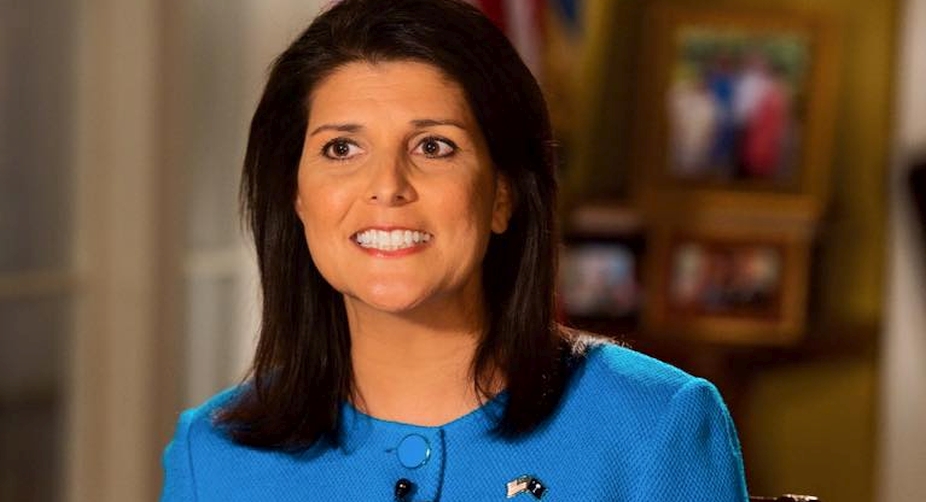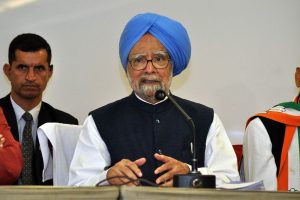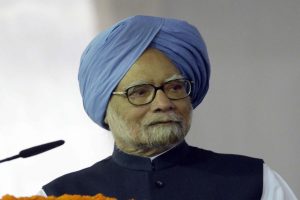The US ambassador to the UN made a strong condemnation of Russia at the UN Security Council, calling on Moscow to de-escalate violence in eastern Ukraine and saying that US sanctions against Moscow would remain in place until it withdraws from Crimea.
"The US continues to condemn and call for an immediate end to the Russian occupation of Crimea," said Nikki Haley, in her first appearance at the UN Security Council on Thursday.
Advertisement
"Crimea is a part of Ukraine. Our Crimea-related sanctions will remain in place until Russia returns control over the peninsula to Ukraine."
Haley was speaking at an emergency UN Security Council meeting about a sudden upsurge in violence in eastern Ukraine, where Russian-backed separatists have been fighting the Ukrainian army.
Her remarks were notable for the stark difference between her rhetoric and US President Donald Trump's, reported CNN on Friday.
"I consider it unfortunate that the occasion of my first appearance here is one in which I must condemn the aggressive actions of Russia," she said.
"We do want to better our relations with Russia. However, the dire situation in eastern Ukraine is one that demands clear and strong condemnation of Russian actions."
"The sudden increase in fighting in eastern Ukraine has trapped thousands of civilians and destroyed vital infrastructure and the crisis is spreading, endangering many thousands more," Haley added. "This escalation of violence must stop."
While Haley's remarks echoed many speeches delivered by the Obama administration's UN ambassador, Russia's Ambassador to the UN Vitaly Churkin told reporters that he thinks "there is a change in tone" with the new US administration. He added that he wasn't surprised by Haley's speech.
Fighting between Russian-backed rebels from the self-proclaimed Donetsk People's Republic and the Ukrainian army exploded a day after Trump had his first phone call with Russian President Vladimir Putin on Saturday, according to the report.
Russia accused Ukraine of starting the escalation.
Churkin said that Ukraine was "desperately, frantically trying to achieve a military settlement to the conflict."
He blamed Kiev for the recent escalation, saying it was meant to keep the issue "on the international agenda" and "at the same time suck in with their reckless confrontational policy newly elected heads of state".











